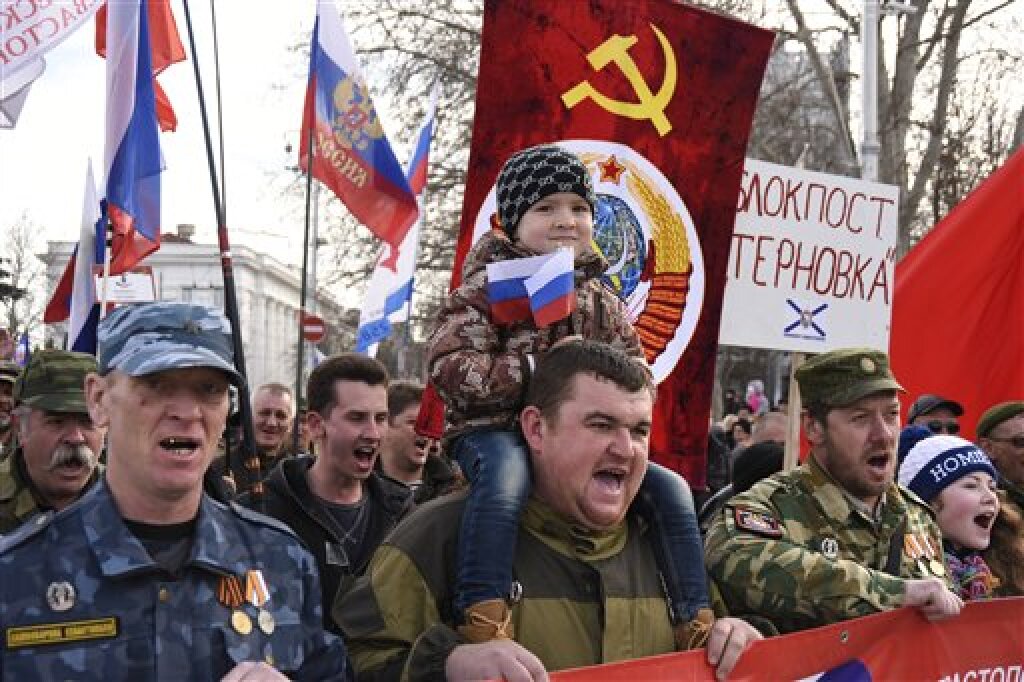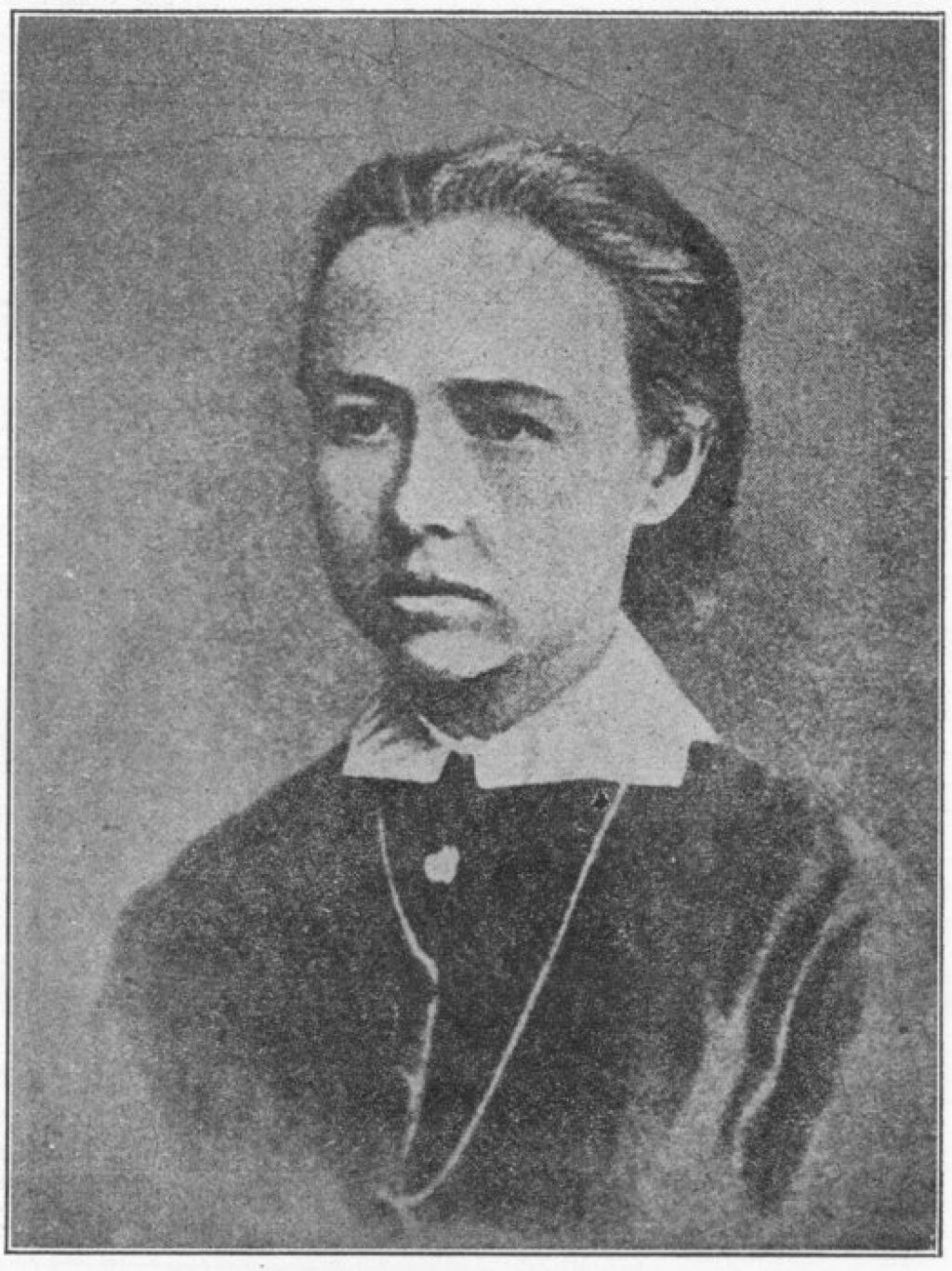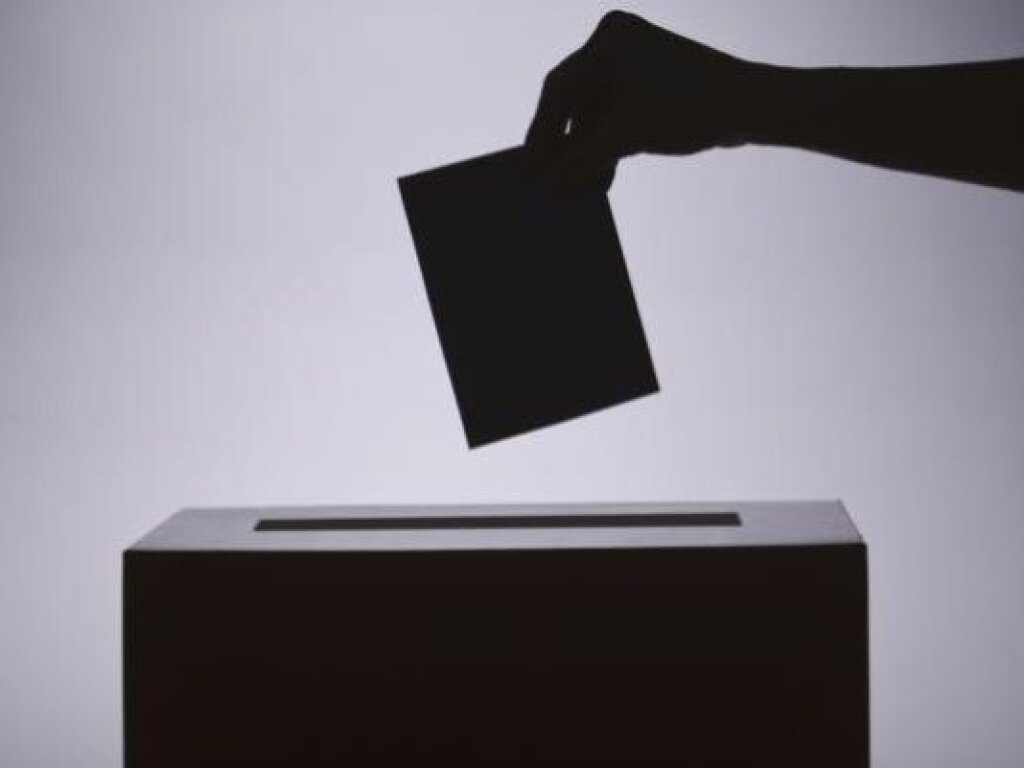This article was first published by The WorldPost. The original version can be found here
On the recent anniversary of the Russian annexation of Crimea, residents of the peninsula came out on the streets to celebrate waving flags, cheering and clapping. There was music and dancing. The Night Wolves, a biker gang known for having close ties to Russian President Vladimir Putin, joined all the way from Moscow.
Crimea escaped civil war, but for some it remains a battleground. A year after the annexation, the West continues to launch vitriolic attacks against Russia for its meddling on what once was Ukrainian territory. To the Kremlin's critics, Crimea is the innocent victim of Putin's schemes for domination. This was on display when U.S. Assistant Secretary of State Victoria Nuland blamed Putin for establishing a "reign of terror" in the region during a meeting with the Senate Foreign Relations Committee. Later, an Amnesty International report concluded that the "outlook for the people living on the peninsula is bleak."
These attacks echo the larger condemnation of Russia's foreign policy by the international community. Political leaders regularly accuse Putin of harboring expansionistic ambitions over Finland and the Baltic states. Last year, Russian affairs expert Julia Ioffe argued that Russia's support of separatist rebels in eastern Ukraine was part of a larger plan to annex the region and secure gas supplies to Crimea. Some people claim that Russia's increased military spending is the beginning of a new Cold War. Others see the country's efforts at maintaining friendly relations with Syria andIran as an attempt to establish a network of allies against the West. Commentators often invoke the image of an aggressive Russia flexing its muscles, but this narrative is not enough to fully understand Crimea. In reality, many inhabitants of the peninsula have accepted Russian rule with no qualms.
There are exceptions, of course. The "reign of terror" described by Nuland might ring eerily true to members of Crimea's ethnic minorities. For the Crimean Tatars, a group particularly outspoken against the annexation, the "return to Russia" brought backbitter memories. Deported en masse to Central Asia in Soviet times, they were only allowed to come back to Crimea in 1989. Over the past year, the government has targeted repeatedly their political and religious institutions. They were expelled from the premises of the Mejlis, their main self-governing body. Local authorities later closed unceremoniously the Tatar library in Simferopol. ATR, a TV channel serving the Crimean Tatar population, recently stopped broadcasting after Russian media regulator Roskomnadzor refused to renew its license.
Things are just as bad for Ukrainians. Local authorities have shut down Ukrainian language schools and newspapers. A new Russian law ruled that anyone residing in Crimea on March 18, 2014 would automatically become a Russian citizen, unless they filed a refusal within a month. Those who chose to acquire Russian citizenship had to give up their Ukrainian passports, since Ukrainian law forbids dual citizenship. Meanwhile, those who refused the Russian citizenship had to start a new life in Crimea as foreigners, filing for residence and dealing with the nightmarish red tape of Russian bureaucracy.
Putin's detractors use Russia's treatment of minorities to support their tale of Russian aggression in Crimea, but the reality is more nuanced. Peter Hobson, a reporter for The Moscow Times, argues that Crimea is far from a terror state. "Nuland ignores the fact that Crimea's accession to Russia reflects the desires of a majority of the population," he wrote in a recent article. Hobson is right: ethnic Russians have long been the majority in Crimea. According to the first Ukrainian census of 2001, around 58 percent of the population of Crimea was ethnically Russian and only about 24 percent Ukrainian. A Gallup poll conducted in April 2014 shows that 82.8 percent of people in the peninsula thought the results of the 2014 referendum that prompted the annexation reflected the will of the people. In the referendum, which the West labeled illegal and tainted by irregularities, 97 percent of voters had supported leaving Ukraine to join Russia.
A survey by the International Republican Institute, Baltic Surveys Ltd. and The Gallup Organization, however, shows that only 23 percent of Crimeans hoped to see the peninsula under Russian control in 2013. How does one explain such a radical change of heart over slightly more than a year? Marc Bennetts, a Moscow-based freelance reporter from the United Kingdom who has been reporting on Russia since 2008, argues that the answer lies in the overall political apathy that drives people to simply "go with the flow." Bennetts, who visited Crimea last month, told me that life hasn't changed much since the annexation. The people he met expressed concern over the rising cost of life, but the risk of this posing a threat to the Russian authority is small. Russia plans to spend 23 billion rubles ($400 million) from its federal budget in infrastructure projects. Pensions have also improved significantly for the local population since the Russian takeover.
During the Soviet Union, Crimea was known as a peaceful oasis that attracted countless Soviet tourists every summer. Today, Crimeans cling onto a desire for security. "They are all very pleased that there is no war," Bennetts said. Before the annexation, many were afraid that the right-wing Ukrainian party Right Sector would persecute the Russian speakers of the peninsula. As the Maidan protest in Kiev plunged into chaos and bloodshed, word of mouth and reports from the Russian media fuelled this fear. Russia's intervention became a promise for protection and peace.
The rights of minorities might be under threat, but for many residents of the peninsula, life under the new flag is good enough -- and international observers still struggle to accept this. The danger goes beyond misunderstanding Crimea. Criticizing Russia through a distorted depiction of the situation frustrates the Russian people, who see the peninsula as Russian land and bemoan regularly the decision of Soviet leader Nikita Khrushchev to give it to Ukraine in 1954 . Feeling misrepresented by the West, Russians could move further away from it. Anti-American sentiment runs high among the population, while Putin remains extremely popular. Under such circumstances, a change towards a more democratic and cooperative Russia would remain a remote possibility. Criticism over Crimea only exacerbates the situation.
When a recent poll by German polling firm GfK confirmed Crimea's positive sentiment towards Russia, journalist Andrea Chalupa rejected the results, proclaiming that Crimeans "now live under a gun." By forcing a narrative of Russian aggression over Crimea, however, the West holds onto its own powerful weapon, and is not afraid to pull the trigger. The bullets might not be lethal, but they hurt any genuine attempt to fully understand Crimea.
Ilaria Parogni is an MA student at the Graduate School of Arts and Science of New York University. She is completing a joint degree in Journalism & Russian and Slavic Studies



